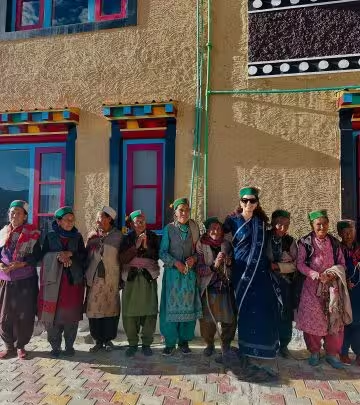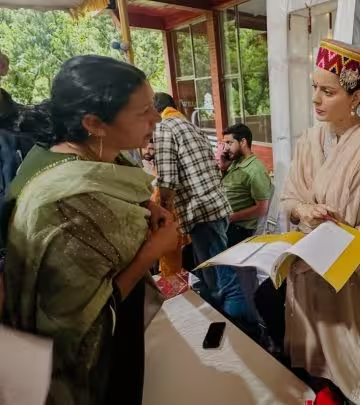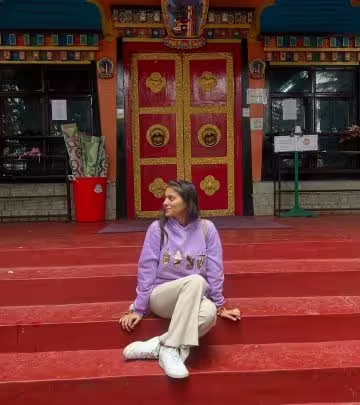Kim Jong Un Opens New Kalma Beach Resort
North Korea unveils a lavish seaside hub featuring waterparks, hotels, and luxury suites!
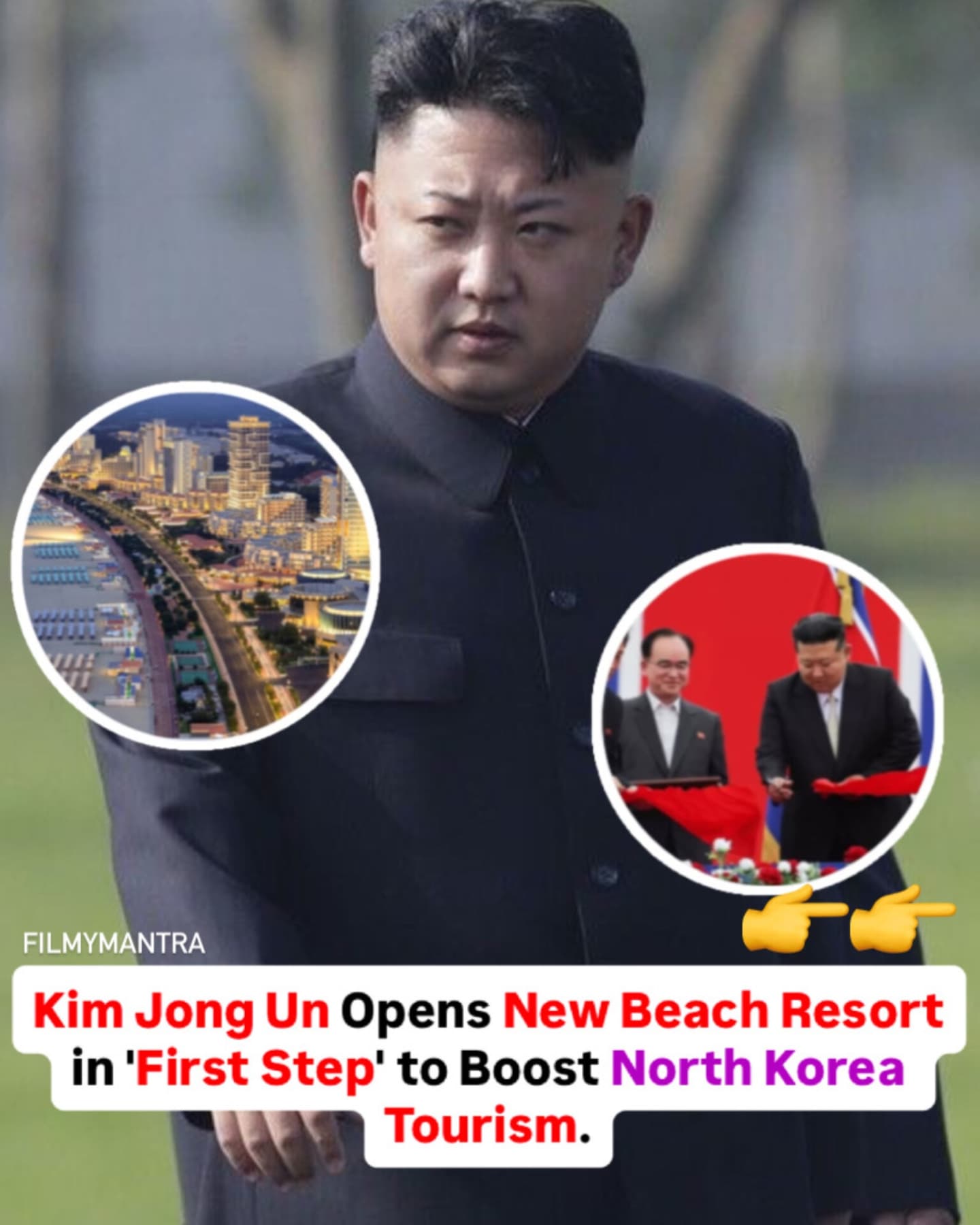
Image: Instagram
In a move that has captured global headlines, North Korea’s supreme leader, Kim Jong Un, personally cut the ribbon at the launch of the sprawling Kalma Beach Resort. Hailed by state media as a “national treasure-level tourism city,” the new development is being presented as a symbol of both modern luxury and national pride. Official reports from the Korean Central News Agency (KCNA) detail a resort complex featuring waterparks, high-rise hotels, and accommodations that can host nearly 20,000 guests.
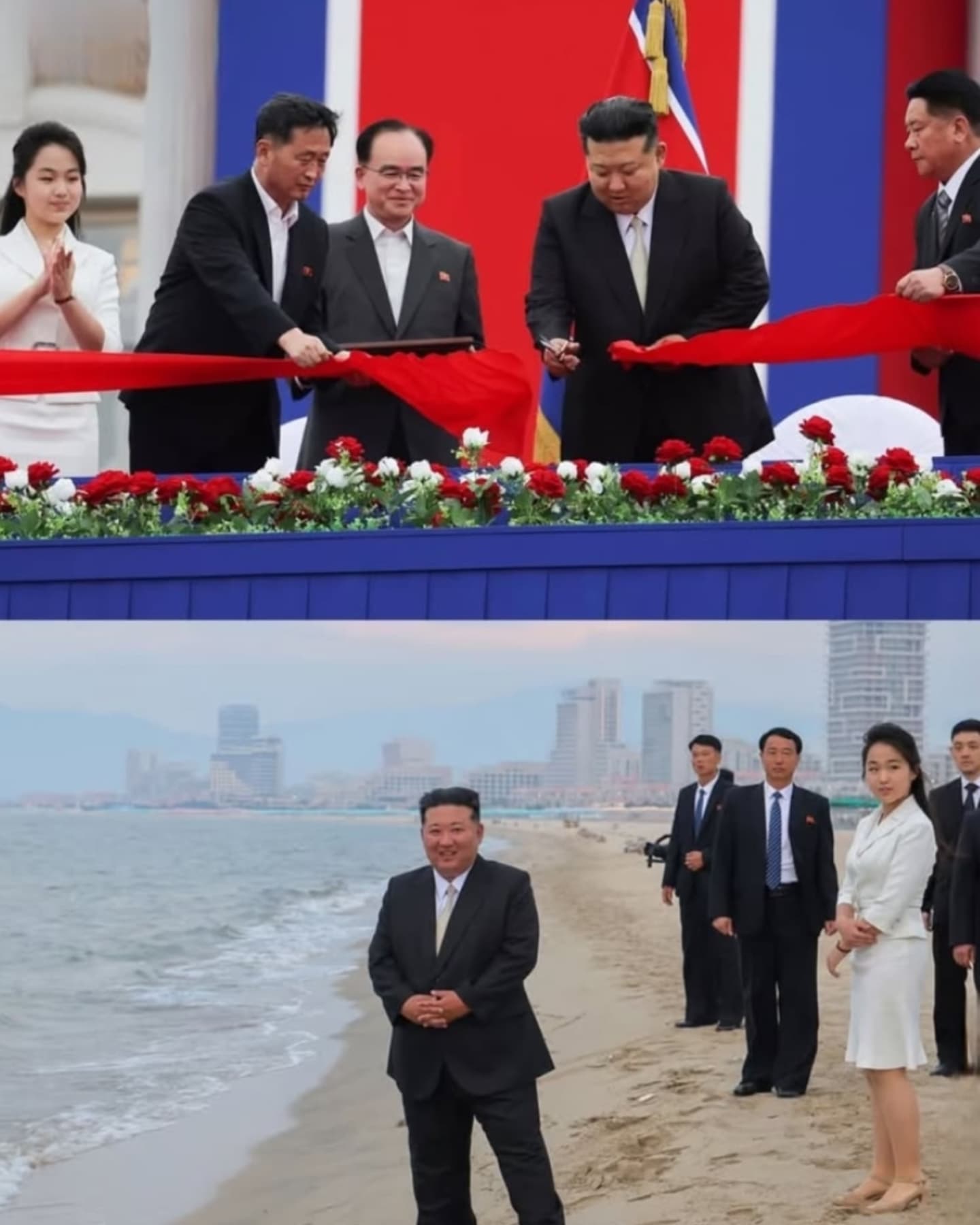
Grand Opening Ceremonies
At the opening ceremony, Kim Jong Un was seen inaugurating the lavish resort in a highly choreographed display of state power and opulence. The event was marked by a ribbon-cutting that symbolized this new chapter in North Korea’s tourism ambitions. The official narrative, as shared by Filmymantra Media on Instagram, emphasizes not only the scale of the project but the intent to position the country as an emerging destination for travel and leisure.
The resort’s design integrates modern amenities with extensive hospitality facilities that include multiple waterparks, state-of-the-art hotels, and recreational spaces. According to the KCNA report, the project is intended to be more than a leisure spot—it is pitched as a beacon of progress that contrasts sharply with the widespread reports of economic hardship and food scarcity reported by human rights observers.
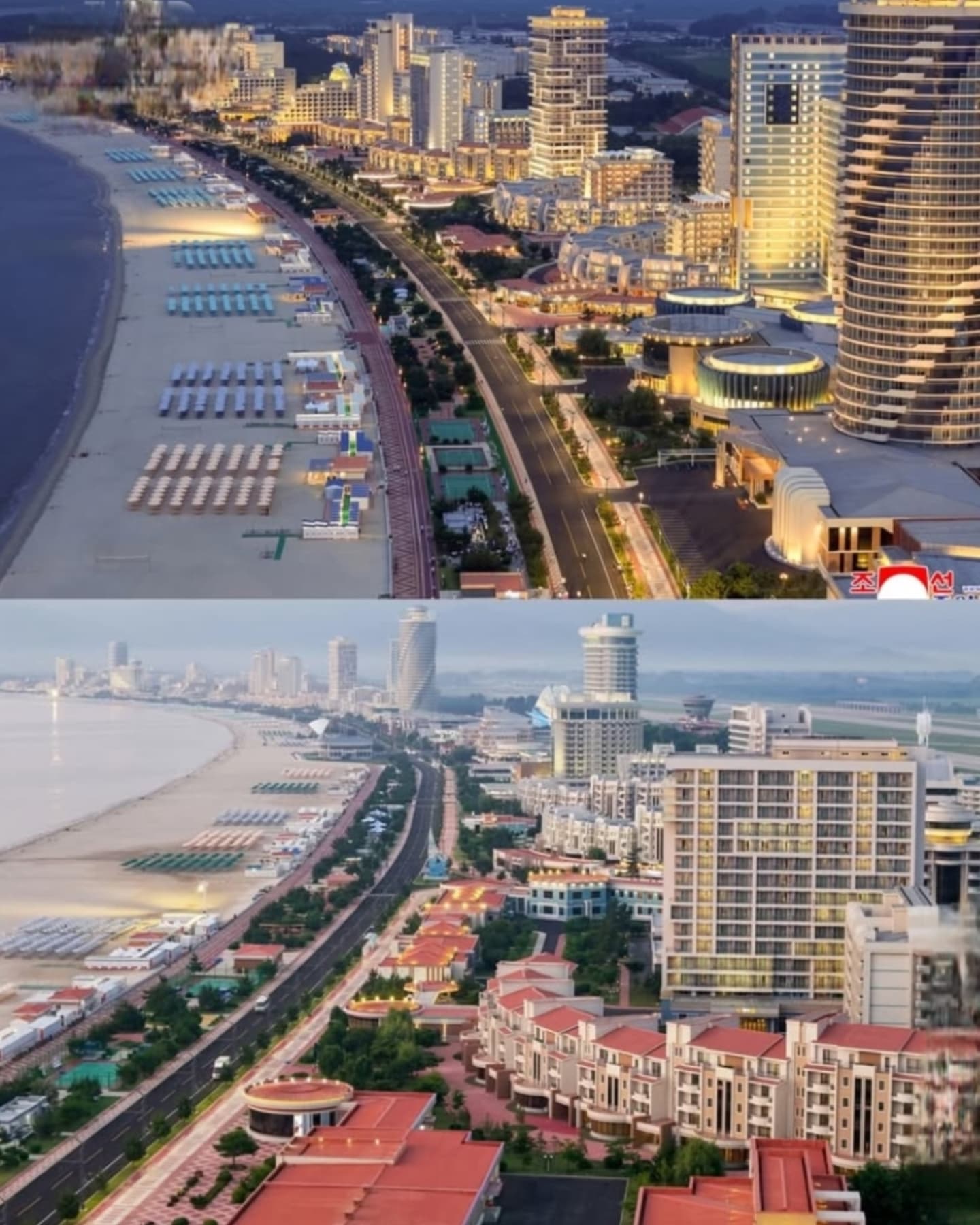
A Display Of Extravagance Amid Hardship
The development of the Kalma Beach Resort arrives at a time when international observers and human rights organizations continue to highlight the stark realities of hunger and deprivation in other parts of North Korea. Critics argue that such a lavish initiative underscores an unsettling gap between the showpiece projects celebrated by the regime and the daily plight of its citizens. However, officials defend the resort as a strategic investment aimed at boosting national pride and opening new revenue streams via tourism.
Kim Jong Un’s involvement in the ribbon-cutting ceremony is a rare direct public engagement, emphasizing the leadership’s commitment to promoting tourism as a cornerstone of national development. The resort, which includes amenities that can cater to a large influx of international and domestic guests, has been portrayed by state media as part of a broader vision to transform isolated regions into vibrant economic hubs.
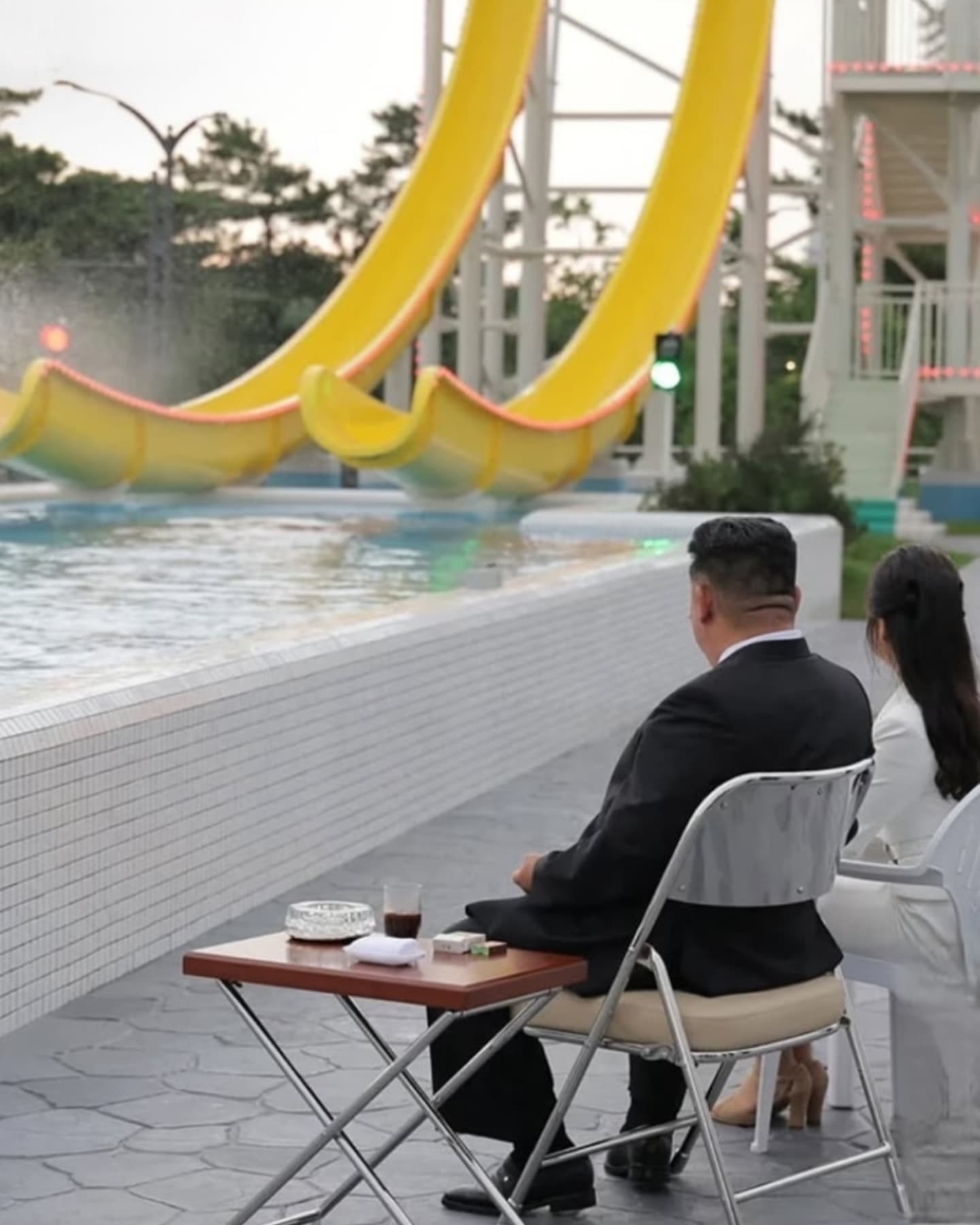
Tourism As A Nation-building Strategy
The opening event, widely shared on social media with images of the leader at the ceremonial ribbon-cutting, reflects an emerging narrative within North Korea’s policy framework. The resort is marketed as a national asset—akin to a cultural treasure—that aims to rewrite the country’s image on the world stage. In sharp contrast to the grim reports concerning living conditions, North Korean media claims that this development is a milestone achievement revealing the potential for modernization and a flourishing tourist industry.
The project has, however, ignited debates among international diplomats and human rights advocates. Observers warn that the dazzling new resort may serve as a smokescreen to divert attention away from domestic issues that continue to affect millions. Nevertheless, the authorities remain unyielding, asserting that the resort will drive economic growth and enhance the quality of life over the long term.
Implications For North Korea’s Global Image
As the nation slowly steps into the global spotlight with projects of this magnitude, the Kalma Beach Resort stands as a paradoxical emblem. On one side is the undeniable grandeur of the modern facilities and the ambitious scale of the tourism project; on the other, the harsh and often hidden realities of life for many North Koreans persist. The resort may well reinvent North Korea in the eyes of some international visitors, but it also raises critical questions about priorities and resource allocations in one of the world’s most secretive nations.
Experts and political analysts are watching closely as travel trends begin to reshape global perceptions of North Korea. While the resort is being advertised as a lavish and inspiring investment in national tourism, outside voices remain cautious. They suggest that any potential economic upliftment from tourism must eventually address the socio-economic challenges that have long plagued the country.
In the meantime, social media accounts like that of Filmymantra Media continue to circulate images from the event—visual testimonies to grandeur and ceremonial pageantry. These posts offer a glimpse into the carefully curated spectacle that accompanies North Korea’s latest attempt to reinvent itself as a tourist destination.
The Kalma Beach Resort, therefore, is more than a luxury vacation spot; it is a carefully orchestrated statement on national pride and ambition, set against a backdrop of enduring domestic challenges. As international debates continue over the true cost and impact of such projects, the world watches with both awe and skepticism, pondering whether these striking developments are a prelude to real change or a diversion from harsher realities.
Observers note that while the resort offers an alluring promise of modern amenities and high-end leisure, it also casts a stark light on the persistent disparities within the country. In a nation known for its controlled narratives, the resort’s grand unveiling may serve as a potent reminder of both aspirations and unresolved issues in North Korea’s ongoing journey toward modernization.
Read full bio of Cynthia Jean Daniel







